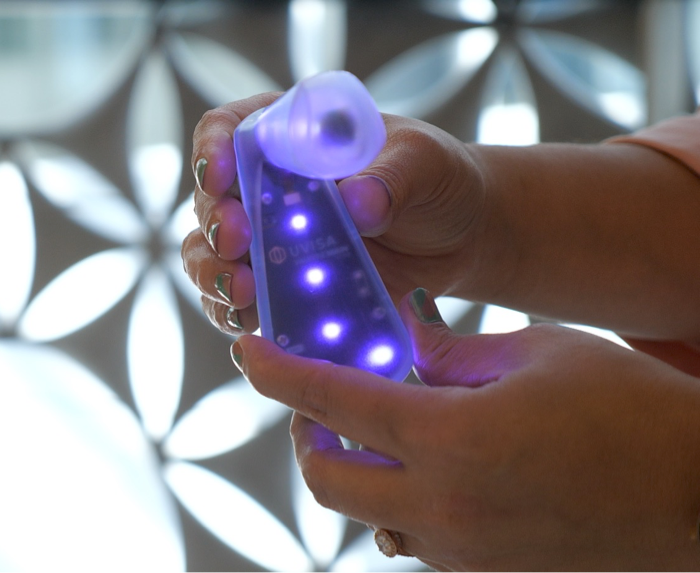At UVISA Health, we want to understand the challenges healthcare professionals face when treating vulvovaginal infections. So we surveyed and interviewed 36 practitioners – including GPs, sexual health doctors, gynaecologists, pharmacists, and women's health specialists – to hear their honest thoughts about current treatments. What they told us was eye-opening. And concerning.
If you've ever taken antibiotics for an infection, you may have felt the effects in your vagina. That’s because antibiotics don’t discriminate. While they often work well to clear any immediate infection, they also disrupt your vaginal microbiome, leaving you vulnerable to imbalance and new infections. The good news? Research shows that the vaginal microbiome can recover with the right support.
Recurrent vaginal infections aren’t just inconvenient – they’re painful, persistent, and deeply frustrating. Despite how common they are, many women feel dismissed or stuck in an endless loop of ineffective treatments. At UVISA, we know the first step in solving a problem is truly understanding it, and that starts with listening. Our research journey began with a simple goal: to understand what women are actually experiencing and how the current system is failing them. Here’s what they told us and what we learned.
At UVISA, we are a channel and an ecosystem for knowledge-sharing, bringing curiosity into how the intimate health of women can be perceived, communicated and improved.
Inclusivity matters to us. While we sometimes use 'her' when discussing vaginal health for simplicity, we recognize that not everyone with a vagina identifies as a woman. No matter your gender identity, you're welcome here—our work is for you.





UVISA's solution utilises light therapy to naturally restore the vaginal microbiome...
Learn more
